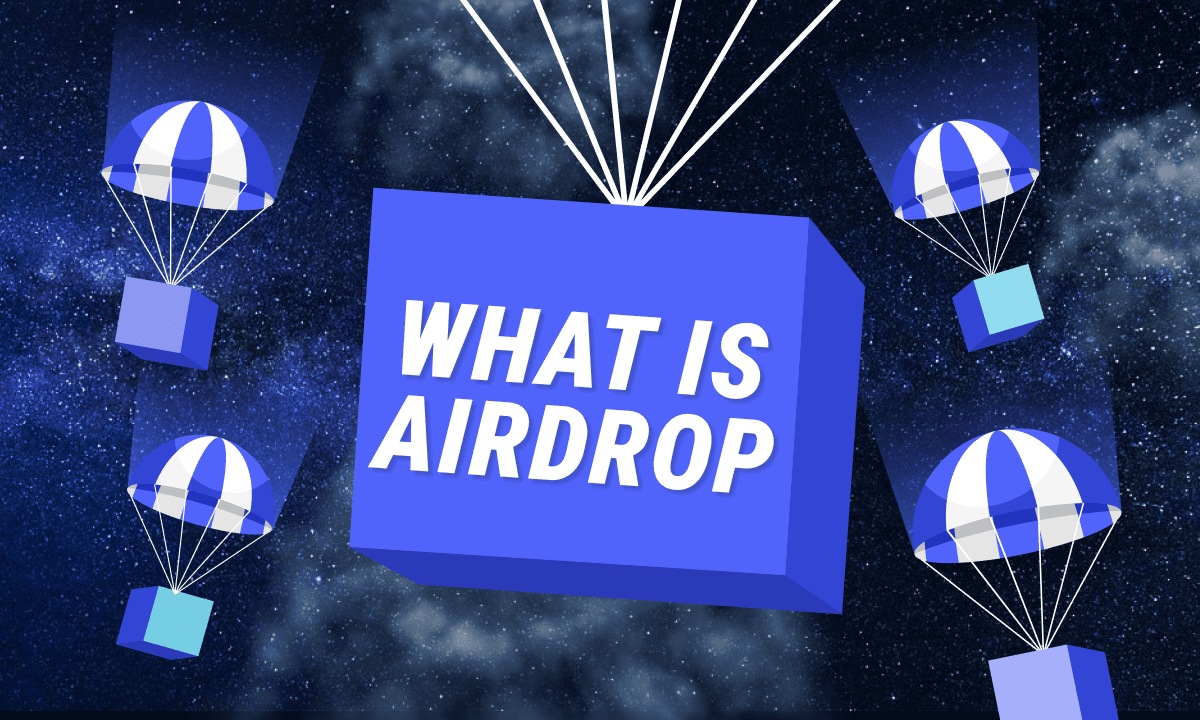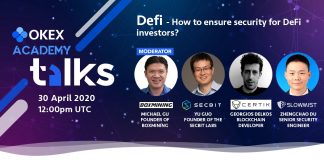Ask a question to Bobby Ong, Co-Founder and COO of Coingecko
I’ll be interviewing Bobby Ong, Co-Founder and COO of Coingecko this week!
In the interview we will be discussing:
DeFi Wave – Is Coingecko going big...
Webinar 30th April: Will DeFi be secure enough for to replace...
This year were seeing the rise of Decentralized Finance (DeFi)— a new application of decentralized Blockchain technology that is poised to replace the trillion...
We hear you! Don’t miss out the chance to win Boxmining...
We have received an overwhelming response in our previous contest. For those that didn't manage to win our giveaway the last round, here's your chance!
Simply follow...








